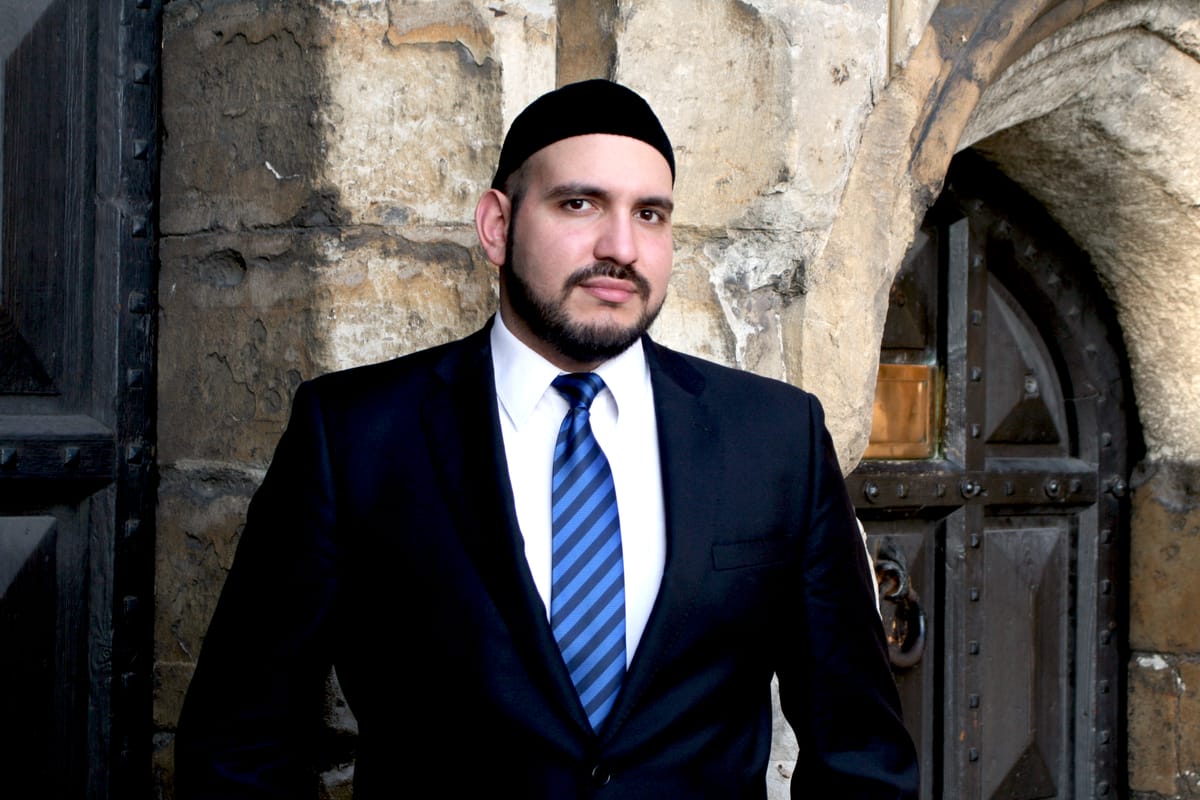Heated talk on ISIS sees accusations against NATO member states

Mel Plant, BA Arabic and Turkish
“I’m not one for conspiracy theories”, reported Abdullah Al-Andalusi of the Muslim Debate Initiative, at an event held discussing the origins and current realities of ISIS. Al-Andalusi and his co-speaker at the event reiterated this sentiment several times throughout their speeches, claiming their assertions on the origins of the group were based on careful collection of fact and review of history. Several audience members, however, disagreed during the question and answer session.
Organised by SOAS’ MSA (Muslim Students Association) and MENA (Middle East North Africa) society, the event began with a proposed “history lecture on Iraq” by Al-Andalusi. The controversial speaker asserted that the 1916 Sykes-Picot plan for the division of the Middle East has been an inspiration for further policy moves by Western states in the region. He called attention to Sykes’ fear of ‘pan-Islam’, linking it to American policy initiatives towards an Iraq split into three states (Sunni, Shi’a and Kurdish) post-2003. His co-speaker, Mohamed Dilwar Hussain, went on to infer that “perhaps Obama allowed ISIS to wreak havoc and fulfil his predecessors’ wishes”, crystallising the sectarian tensions in the region that both speakers insisted had been created by the 2003 invasion of Iraq. Hussain also stated, “I don’t blame ISIS for what’s happening in the Middle East. I blame [Western] foreign policy,” rather claiming that ISIS was “the West’s doctor’s sick note to continue its foreign policy” as well as “draconian policies” at home. He continued with this argument by claiming that as many Sunnis were killed by the Saddam regime as were Shi’as and Kurds, a point which some audience members took issue with.
Both Hussain and Al-Andalusi last appeared at SOAS speaking at an event organised for Islamophobia Awareness Month. The event, entitled ‘Criminalising Islam’, also created a heated question and answer session. The KLT at that time, as with this most recent event, was populated by several journalists, leading the event to have been featured on a recent BBC Panorama episode entitled ‘The Battle for British Islam’. The programme has been widely criticised as demonising any expression of Islam, and both speakers condemned the apparent twisting of their words’ by the BBC.
The speakers reiterated their disdain for the US and UK governments’ policies in regard to the war in Syria and Iraq, criticising the apparent leniency towards ex-British service members and British Kurds who have gone to fight alongside Kurdish Peshmerga groups, in contrast to the penalties faced for those who go to fight alongside ISIS. Hussain also accused the Turkish government of aiding ISIS and other Islamist militias, citing reported incidents of Turkish medical treatment and military aid being supplied to the groups.
The event came to its conclusion with an audience member asking the speakers to condemn ISIS. Both speakers refused, with Al-Andalusi saying, “It’s very insulting when someone comes to a Muslim and asks them to condemn ISIS.” Both speakers referred to takfir, the Islamic concept of declaring another Muslim to be an un-believer, of which wrongful use is considered to be a major sin. Many Muslims have called ISIS a takfiri group for their blanket condemnation of Shi’a Muslims and their hardline policies towards all Sunnis who do not follow them. Hussain refused to “make blanket takfir” on the group, with Al-Andalusi asserting that “we condemn people for doing takfir, and then we want to do takfir ourselves”. The event, pushed out promptly in order to make room for another lecture, left many such questions hanging in the balance, for both Muslims and non-Muslims alike.



